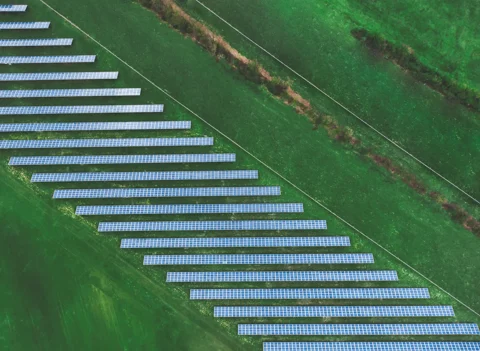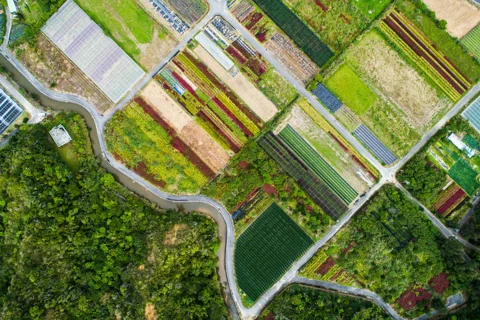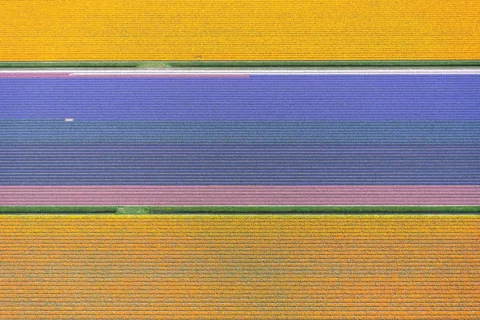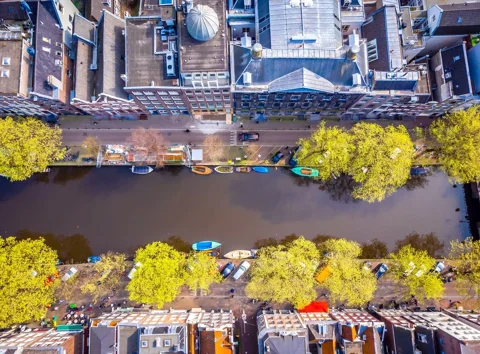Current issues in the field of economics, (responsible) investments, pension, and income: an APG expert gives a clear answer to the question of the week. This time: Marco van Eijkelenburg, Senior Portfolio Manager Commodities, on the question what the Netherlands will notice of Russian Gazprom discontinuing gas supplies to Dutch GasTerra.
The reason that the Russian state-owned gas company no longer delivers to the Dutch gas distributor as of June 1st is that it does not want to pay the bill in Rubles, something that President Putin is demanding. Poland, Bulgaria, and Finland have already been confronted with the Russian sanction. According to Environment Minister Rob Jetten, the decision by Gazprom will not have consequences for Dutch households. But not everyone is convinced of this. Mijnraad, an independent advisory body of the government warned that a gas shortage could have “very large social consequences” The international energy agency IEA also warns for an energy ration.
Alternatives
Marco van Eijkelenburg points out that GasTerra already has alternatives for the Russian gas. “I therefore do not think that this action by Gazprom will have major consequences for the Dutch gas reserve, although GasTerra will have to pay more for those alternatives than for the Russian gas. With its gas roundabout [infrastructure interchange for transport and storage of natural gas], the Netherlands has a favorable position with respect to the gas supply. As a direct consequence of the Russian invasion in Ukraine, there will be an accelerated scale up of capacity to import liquid natural gas (LNG). Gasunie, the state-owned company that takes care of the Dutch natural gas transport has rented two floating LNG facilities to expand the new LNG terminal at Eemshaven.”
This terminal, with an annual capacity of 8 billion cubic meter, will become an important supply line, Van Eijkelenburg explains. “We use approximately 40 billion cubic meter natural gas in the Netherlands per year, of which approximately 15% comes from Russia. If needed, there is always the gas field below Groningen, although that is politically sensitive. If there is a shortage of gas this coming winter, the government will first disconnect large industrial users from gas so that the delivery certainty for households and specific essential social services, such as hospitals, can be guaranteed. So, the Dutch consumer does not have to worry about the delivery certainty; it does however have to worry about the gas price. Especially when there is a variable contract and a cold winter.”



